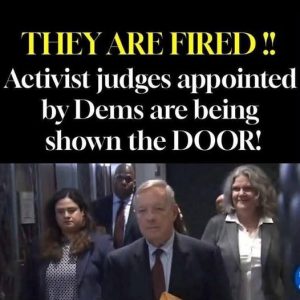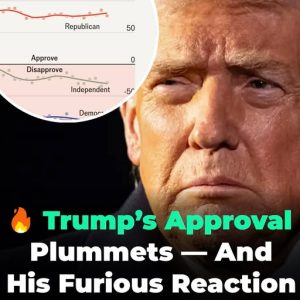As the federal government shutdown enters its fourth week, mounting political and economic pressure is bearing down on Senate Democrats to reach a deal that reopens the government. The impasse, which began as a standoff over border security and spending priorities, has now become a high-stakes political test. Reports from The Hill indicate that Democrats are considering limited compromises — such as supporting Republican proposals to ensure back pay for federal workers and temporarily funding key nutrition programs like SNAP and WIC — to alleviate growing public and financial strain. Without congressional action, millions of vulnerable Americans could see critical benefits disrupted within weeks.
Public opinion appears to be turning against Democrats as the stalemate drags on. A new Rasmussen poll shows that 54% of likely voters blame Senate Democrats for the ongoing shutdown, compared to 39% who fault Republicans. GOP leaders have seized the opportunity to frame Democrats as obstructionist, accusing Senate Majority Leader Chuck Schumer of “playing politics with paychecks.” Nearly 800,000 federal employees — including TSA agents, EPA workers, and air traffic controllers — remain unpaid, prompting unions like the American Federation of Government Employees to demand immediate legislative action, declaring that “federal workers are not bargaining chips.”
Economists warn the shutdown’s economic toll is growing, reducing GDP by an estimated 0.1% each week and eroding consumer confidence. The timing is particularly damaging as the holiday season approaches, threatening to disrupt travel, public services, and social safety-net programs. Financial analysts caution that prolonged instability could ripple through markets and slow recovery efforts.
Within the Democratic Party, divisions are deepening between progressives who want to maintain policy leverage and moderates urging compromise to minimize political fallout. As one strategist observed, “Everyone’s losing — but some are losing faster than others,” capturing the sense of urgency surrounding Washington’s deepening gridlock.




